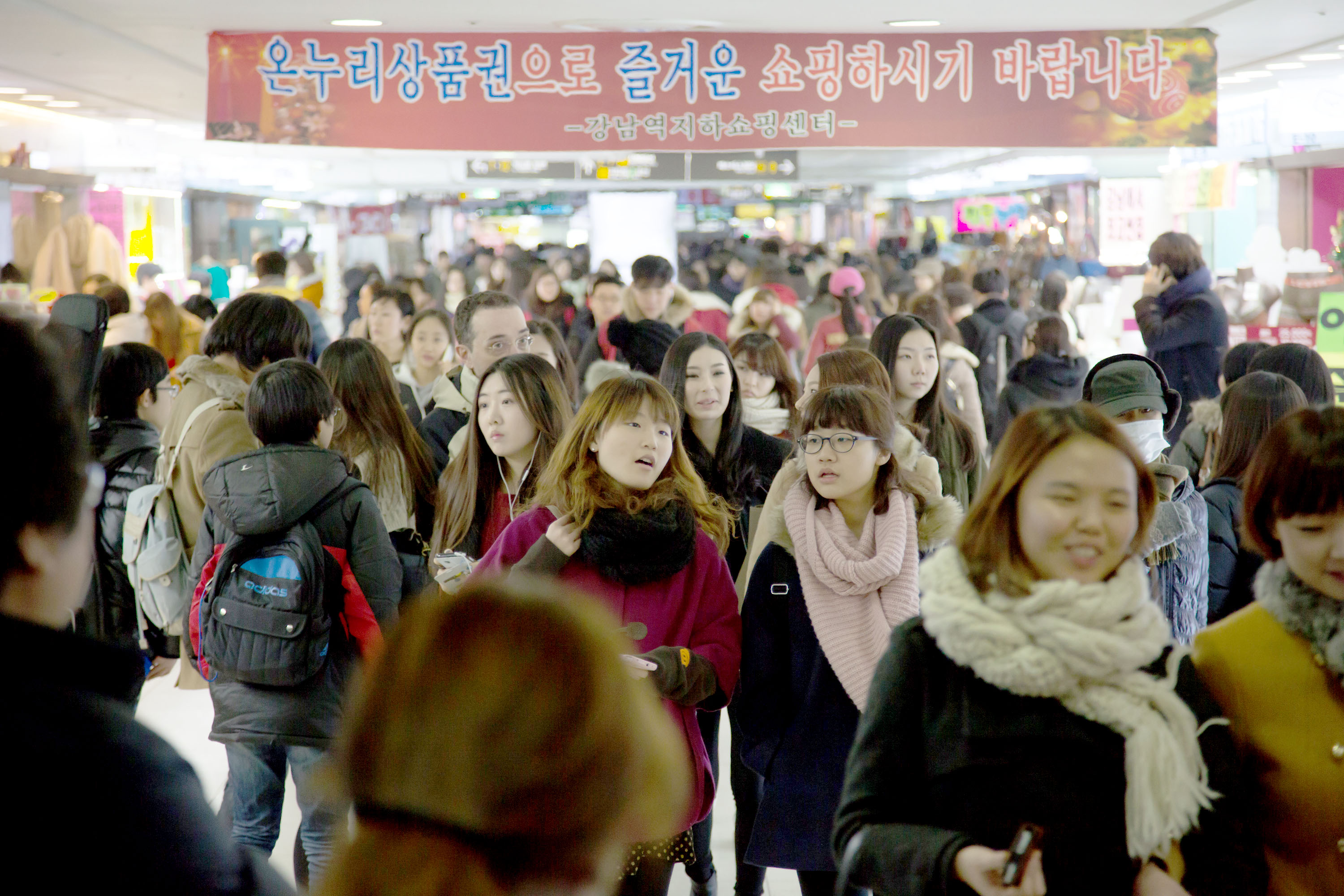KOREA: THE IMPOSSIBLE COUNTRY, by Daniel Tudor. Tuttle, 2012, 320 pp., $22.95 (hardcover)
This superb book charts the improbable rise of South Korea from the devastation of war and impoverishment to rapid development and prosperity, and from brutal dictatorship to the most vibrant democracy in Asia. It is "impossible" in terms of its economic and political achievements, "the most unlikely and impressive story of national building of the last century," Daniel Tudor writes.
The Korean War (1950-53) claimed the lives of 3 million people, including 2.5 million Korean civilians, at a time when the combined population of the entire peninsula was only 30 million. In the mid-1950s GDP per capita was less than $100 and the average life span was 54 years old, compared to $32,000 and 79 as of 2012. This phoenix-like rise from the ashes was based on hard work, sacrifice and extensive state support for industry. The economy was foundering until Park Chung Hee (the current president's father) took over in a coup in 1961 and ruled with an iron fist until gunned down by the head of the KCIA intelligence service in 1979. He is credited with the "miracle on the Han," the era of phenomenal economic growth that was largely based on nurturing national champions. Famously, Park called businessmen "corrupt swine," but enriched those who did his bidding.



